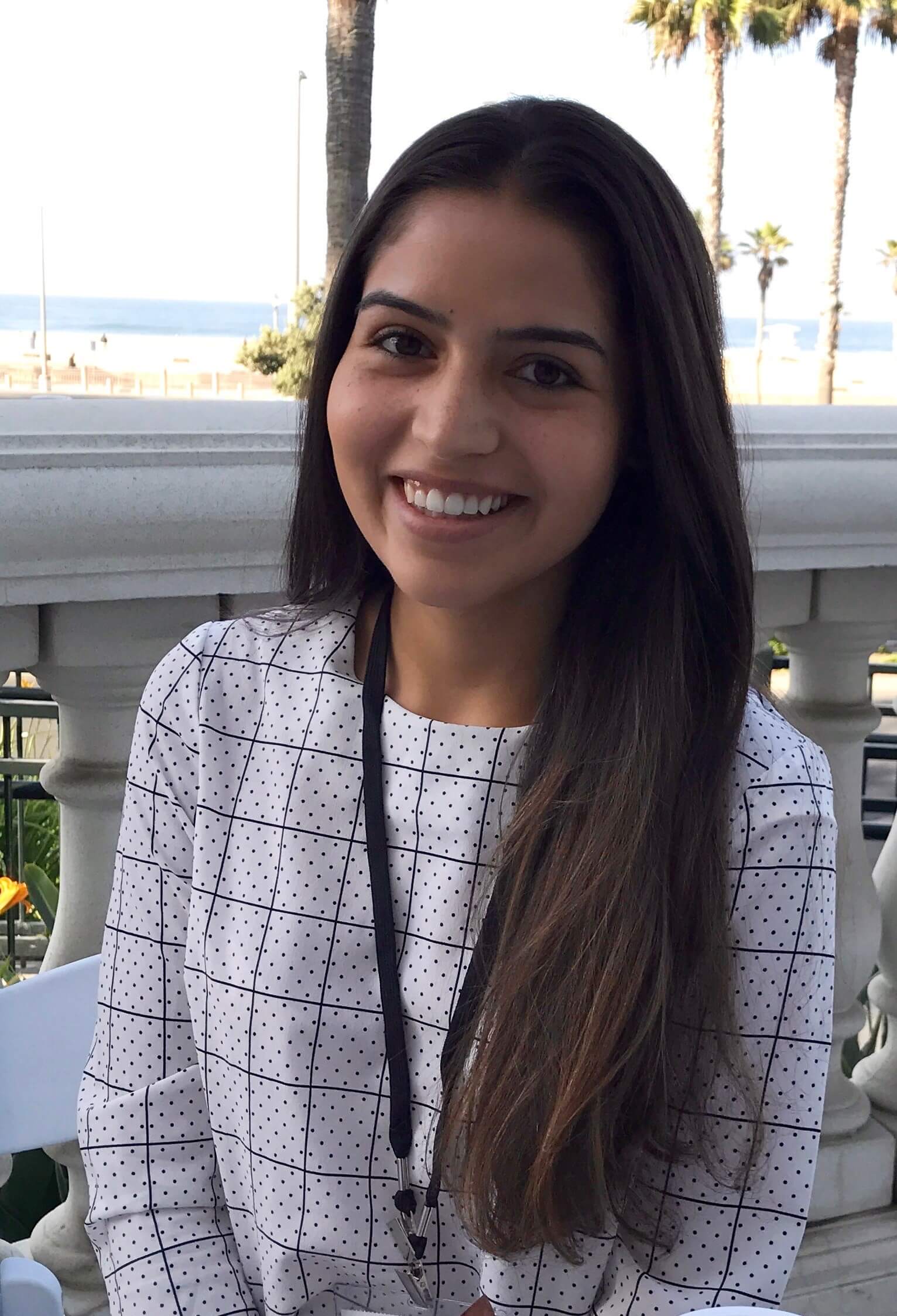May 9
2019
Rare Genomics Institute Brings Hope To Rare Disease Patients
By Romina Ortiz, COO and vice president of patient advocacy, Rare Genomics Institute.

Getting a diagnosis for a rare disease is a long and often painful journey that can take an average of five years1 and hundreds of doctor visits. Sometimes, the answer never comes; conventional diagnostics does not always provide a diagnosis for diseases that are only found in one in a million or one in 10 million people. Because most rare diseases are genetic in nature, genomic DNA sequencing can be used to provide answers that conventional approaches cannot.
Most families affected with rare diseases are under financial strain, making access to genetic sequencing technologies difficult. Rare Genomics Institute (RG), a non-profit patient advocacy group, meets these patients at the end of their diagnostic odyssey – when all other means of diagnosis have failed and when financial resources are no longer available to continue the diagnostic process.
The Patient Research Services of RG has created an ecosystem of leading technology partners and genetic experts from top research institutions around the world to give patients pro-bono access to world-class genomic sequencing, data analysis and interpretation services. Often, RG works with their partners and volunteer experts to re-analyze cases that have hit a dead end.
Recently, RG announced a strategic partnership with Genomenon, a big data genomics company that uses artificial intelligence to connect the genetic mutations described in medical research publications with patient data obtained from genetic sequencing. Using technology that wasn’t available just a few years ago, Genomenon puts the research for over 4.1 million genomic variants at the scientist’s fingertips to make sure that no stone is left unturned in providing a comprehensive diagnosis.
In a recent case, a patient had their whole exome sequenced and analyzed by a leading genetics laboratory as part of their long diagnostic odyssey. The lab was unable to find any clinically relevant genetic mutations that could provide a diagnosis. That was where RG stepped in; Dr. Lipika Ray, a computational geneticist on the Patient Research Services team, reanalyzed the patient’s DNA, which included a search of the Mastermind Genomic Search Engine.
Dr. Ray was able to find a single research report in the scientific literature that matched the patient’s DNA data. The patient in the report shared similar symptoms with the patient being analyzed. With this finding, RG recommended that the patient be re-examined based on the diagnosis found in the scientific research.
“Sometimes there is only one research paper that can connect a patient’s DNA with a diagnosis. Searching through millions of research papers to find a patient’s genetic mutation can be like trying to find a needle in a haystack. With advanced AI techniques used by Genomenon, the needle can pop right into view.” said Dr. Ray. “I can say with certainty that without the findings obtained from Genomenon, I would not have been able to provide a diagnosis for this patient.”